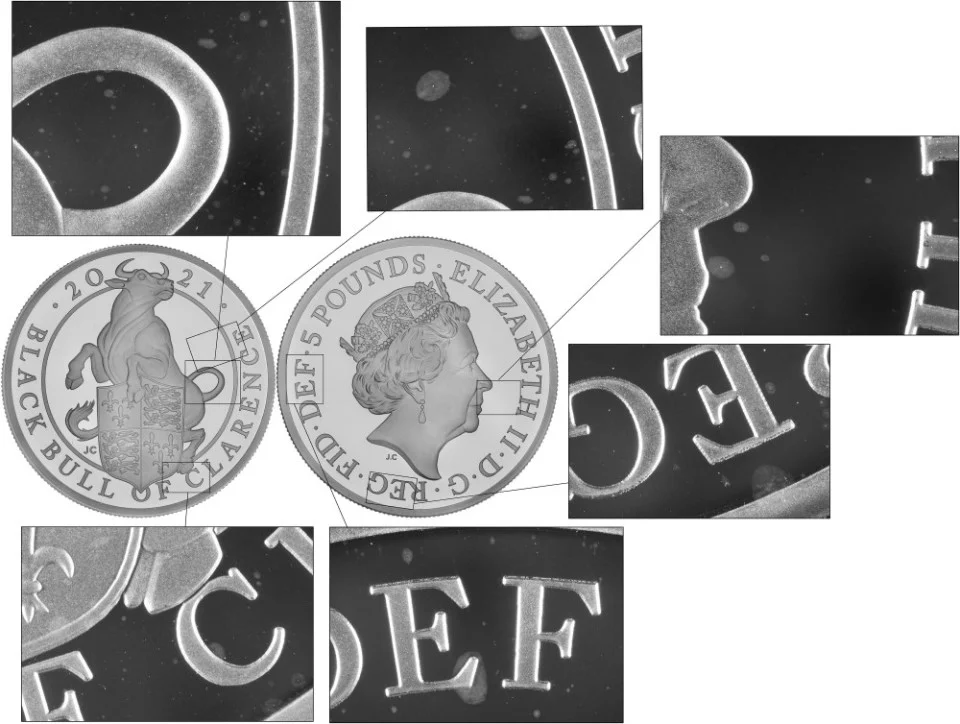Gold Is the Ultimate Store of Value
Synopsis
Gold has a long history as a store of value, due to its rarity, durability, universality, and ability to act as a hedge against inflation. Other assets, such as fiat currencies, real estate, stocks and bonds, and cryptocurrencies, can also serve as stores of value, read on as to why we beleive gold to be superior in this regard.
What is a Store of Value?
A store of value is a financial asset that maintains its value over time and can be used to transfer wealth from the present to the future. It is an integral part of any economic system, allowing individuals to save and invest for the future rather than constantly consuming all of their wealth in the present.
The Role of Gold in History
Gold has a long history of being used as a store of value. It has been used as a medium of exchange and a store of value for thousands of years, and it continues to play a significant role in the global economy today. Its enduring appeal as a store of value is due to a number of factors, including its rarity, durability, universality, and ability to act as a hedge against inflation.
The Advantages of Gold as a Store of Value
Gold is a highly sought-after asset due to its rarity and limited supply. It is estimated that only around 190,000 metric tons of gold have ever been mined, with around two thirds of that being mined in the past 50 years. This limited supply helps to ensure that gold retains its value over time, as there is a finite amount of it available and new gold cannot be created out of thin air like fiat currencies can.
Gold is also highly durable and resistant to physical deterioration. Unlike paper money, which can easily be damaged or destroyed, gold can withstand the test of time and maintain its value even in the face of natural disasters or other adverse conditions. This makes it a reliable and stable store of value that can be passed down through generations.
Gold is also universally recognized and accepted as a store of value. It is widely traded and accepted as payment in many countries around the world, making it an easily portable and liquid asset. This universality gives gold a level of stability and reliability that is not found in other stores of value, such as cryptocurrencies, which are still in the process of gaining widespread adoption.
Finally, gold has historically been seen as a hedge against inflation. When the value of fiat currencies declines due to inflation, the value of gold tends to increase, making it an attractive option for preserving wealth. This is because gold is not tied to any particular country or government, and its value is not affected by the economic policies of a particular nation.
The Disadvantages of Gold as a Store of Value
While gold has many advantages as a store of value, it also has some drawbacks that should be considered. One of the main disadvantages of gold is that it does not provide any yield or income. Unlike stocks, bonds, or real estate, gold does not produce any income or returns, which means that it must be sold in order to generate any profit. That said, gold is often viewed as a more stable means to preserve wealth with a reduced drawdown profile.
In addition to its lack of yield, gold also has relatively high storage and insurance costs. It is not practical to store large amounts of gold in a home safe or bank deposit box, and professional storage and insurance can be expensive. This can make it more difficult for individuals to hold large amounts of gold as a store of value. In response to this cost we offer retail and business customers vaulted storage solutions in the UK (and overseas) which are very affordable, easy to use and fully insured.
Alternative Stores of Value
While gold has long been considered the ultimate store of value, it is important to recognize that it is not the only option available. There are many other assets that can be used as stores of value, each with its own unique set of advantages and disadvantages.
Fiat currencies, such as the US dollar, are widely used as stores of value, but they are subject to inflation and the economic policies of the governments that issue them. Real estate can also be a good store of value, especially in areas with strong economic growth and stable property values. Stocks and bonds can provide a steady stream of income and the potential for capital appreciation, but they are subject to market fluctuations and the performance of the companies or governments that issue them.
Cryptocurrencies are a newer entrant to the store of value market, and they have gained popularity in recent years due to their decentralized nature and potential for high returns. However, cryptocurrencies are still highly volatile and not yet widely accepted, making them a risky choice as a store of value.
Ultimately, the choice of which asset to use as a store of value is a personal one, and it depends on an individual's risk tolerance, investment objectives, and financial situation. It is important to carefully consider the advantages and disadvantages of each option and to diversify one's portfolio in order to mitigate risk.
Conclusion
Gold has a long history of being revered as the ultimate store of value, but it is not the only option available. Other assets, such as fiat currencies, real estate, stocks and bonds, and cryptocurrencies, can also serve as stores of value, and it is important to carefully consider the pros and cons of each option before making a decision. Regardless of which asset is chosen, the importance of diversification in a store of value portfolio cannot be overstated.
Related Blog Articles
This guide and its content is copyright of Chard (1964) Ltd - © Chard (1964) Ltd 2024. All rights reserved. Any redistribution or reproduction of part or all of the contents in any form is prohibited.
We are not financial advisers and we would always recommend that you consult with one prior to making any investment decision.
You can read more about copyright or our advice disclaimer on these links.






















